
Politics
13:47, 02-Feb-2018
What does secret Russia memo say and why does it matter?
By John Goodrich
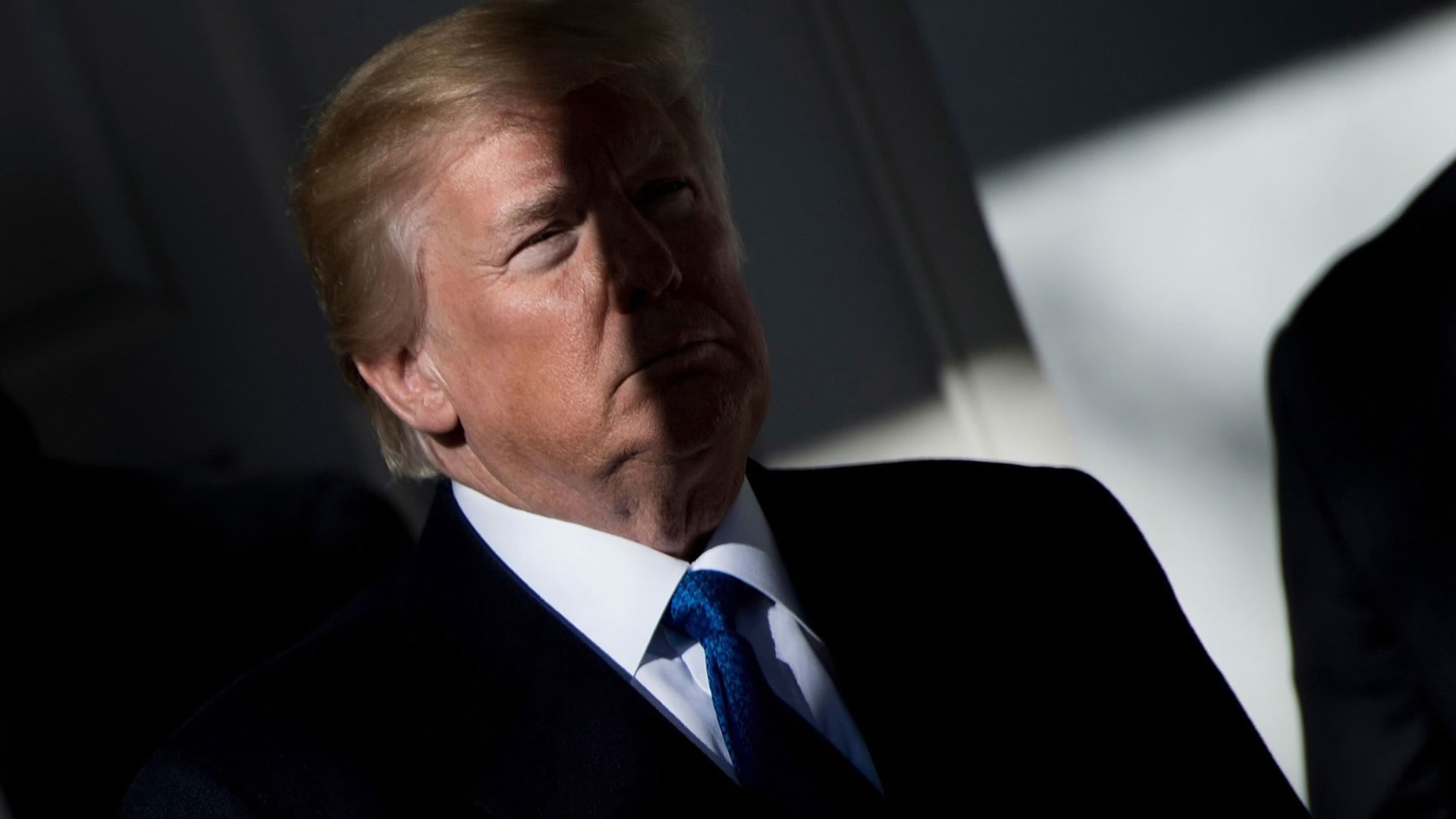
A top-secret memo thought to allege anti-Trump bias in the US justice department and FBI is expected to be approved for declassification by the White House on Friday – despite warnings from law enforcement that it is misleading and risks undermining intelligence sources.
President Donald Trump is reported to believe the document, written by aides to a Republican lawmaker and based on highly-classified information, shows bias in the FBI that proves investigations into collusion between his election campaign and Russia are politically driven.
Read more: Trump backs release of memo
The FBI has warned that the memo omits vital information. Democrats claim it is “partisan” and could be used as a pretext to fire Special Counsel Robert Mueller or the man he reports to, Deputy Attorney General Rod Rosenstein.
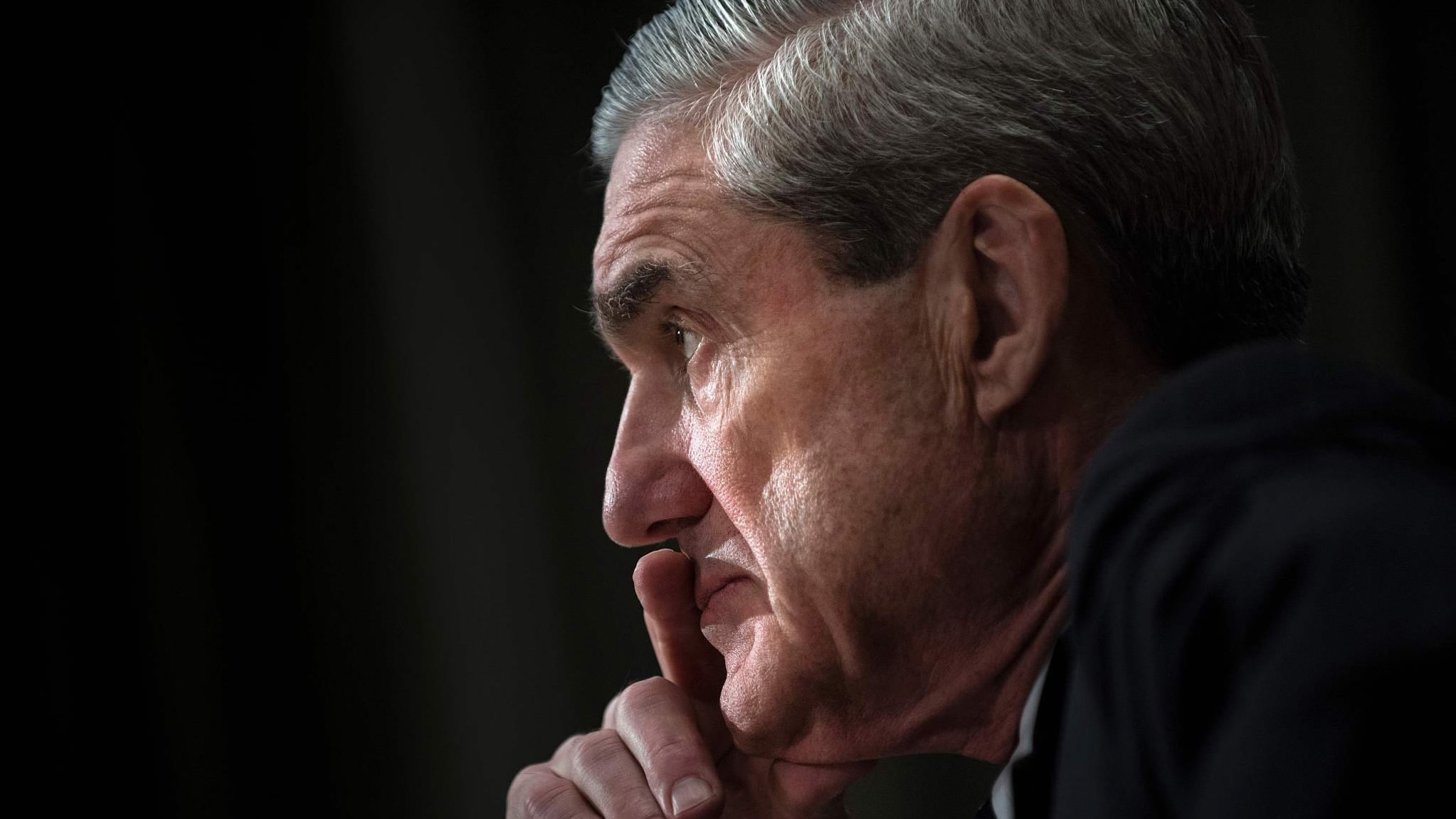
Special Counsel Robert Mueller /VCG Photo
Special Counsel Robert Mueller /VCG Photo
“There was never any hesitation,” a presidential adviser told the Washington Post of Trump's feelings towards releasing the memo. “The president was resolved on this. He was not going to be persuaded [otherwise]. He wanted it out.”
Trump is expected to approve a version of the memo featuring some redactions made by the FBI on Friday. The document would then be sent back to the House intelligence committee, although it is unclear when it would be publically released.
What’s in the memo?
The four-page memo reportedly claims that the FBI acquired a foreign intelligence surveillance agency (FISA) court wiretap on then Trump adviser Carter Page -- thought to have been on the radar of US intelligence of many years -- during the 2016 presidential election campaign without fully briefing the judge about their sources.
It is said to allege that the wiretap was secured on the basis of information contained in the controversial dossier compiled by former British spy Christopher Steele. The dossier was opposition research paid for in part by a law firm working for the Democrats. Reports suggest that Rosenstein approved an application to extend surveillance on Page.
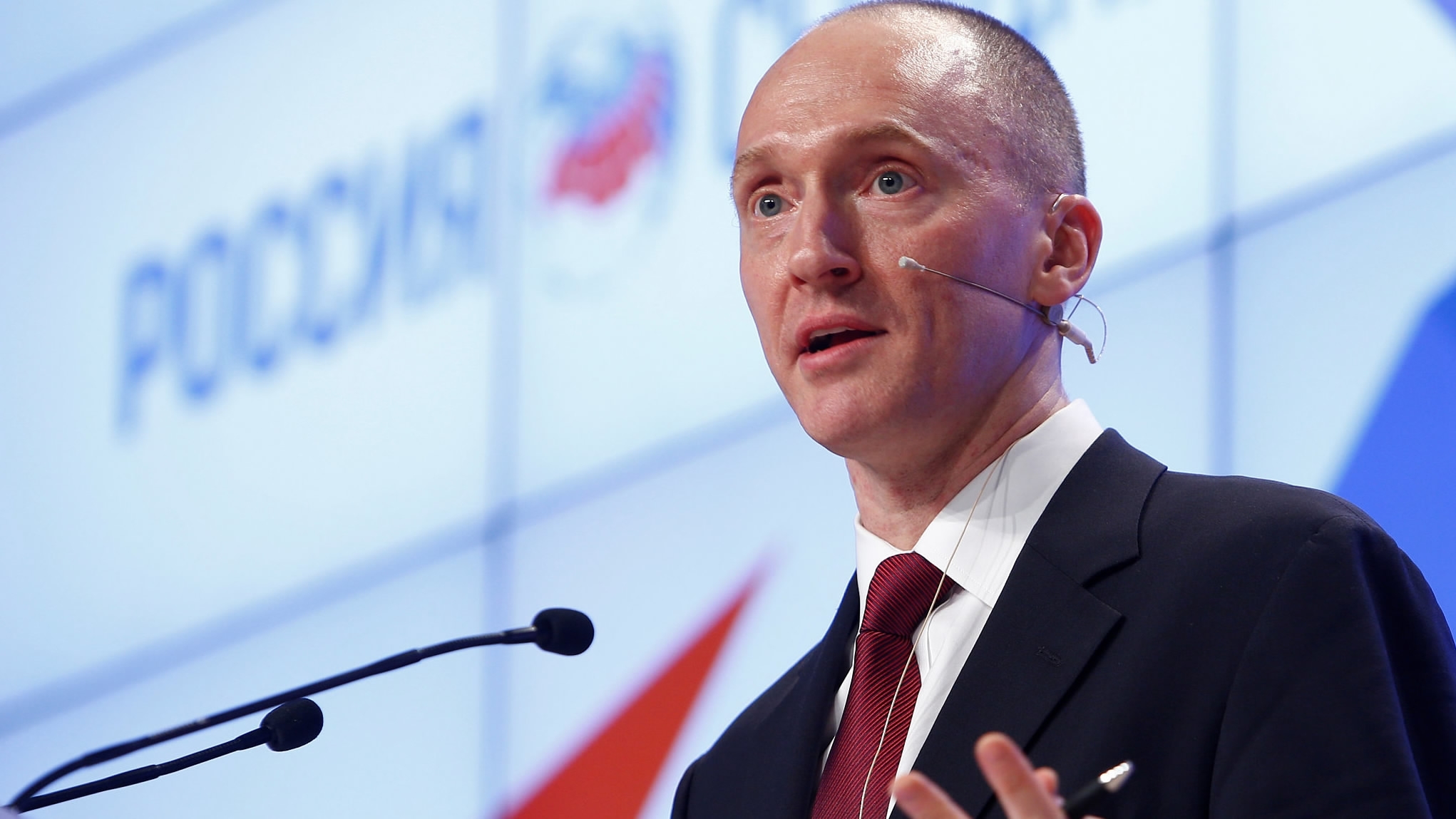
Former Trump adviser Carter Page /VCG Photo
Former Trump adviser Carter Page /VCG Photo
The memo is thought to paint a picture of a Justice Department and FBI that are deeply politicized and anti-Trump agencies.
However, Axios reported late on Thursday that sources within the Trump administration were underwhelmed by the contents of the document and feared it was a “dud.” House Speaker Paul Ryan said on Thursday the memo "did not implicate" the Mueller investigation.
Who wrote the memo?
The memo was written by staff working for Republican lawmaker Devin Nunes, chairman of the House intelligence committee.
Nunes, who served on the Trump team during the transition, stood down as lead on the House inquiry into Russian interference in the US election after an ethics investigation into whether he had released classified information to the White House.
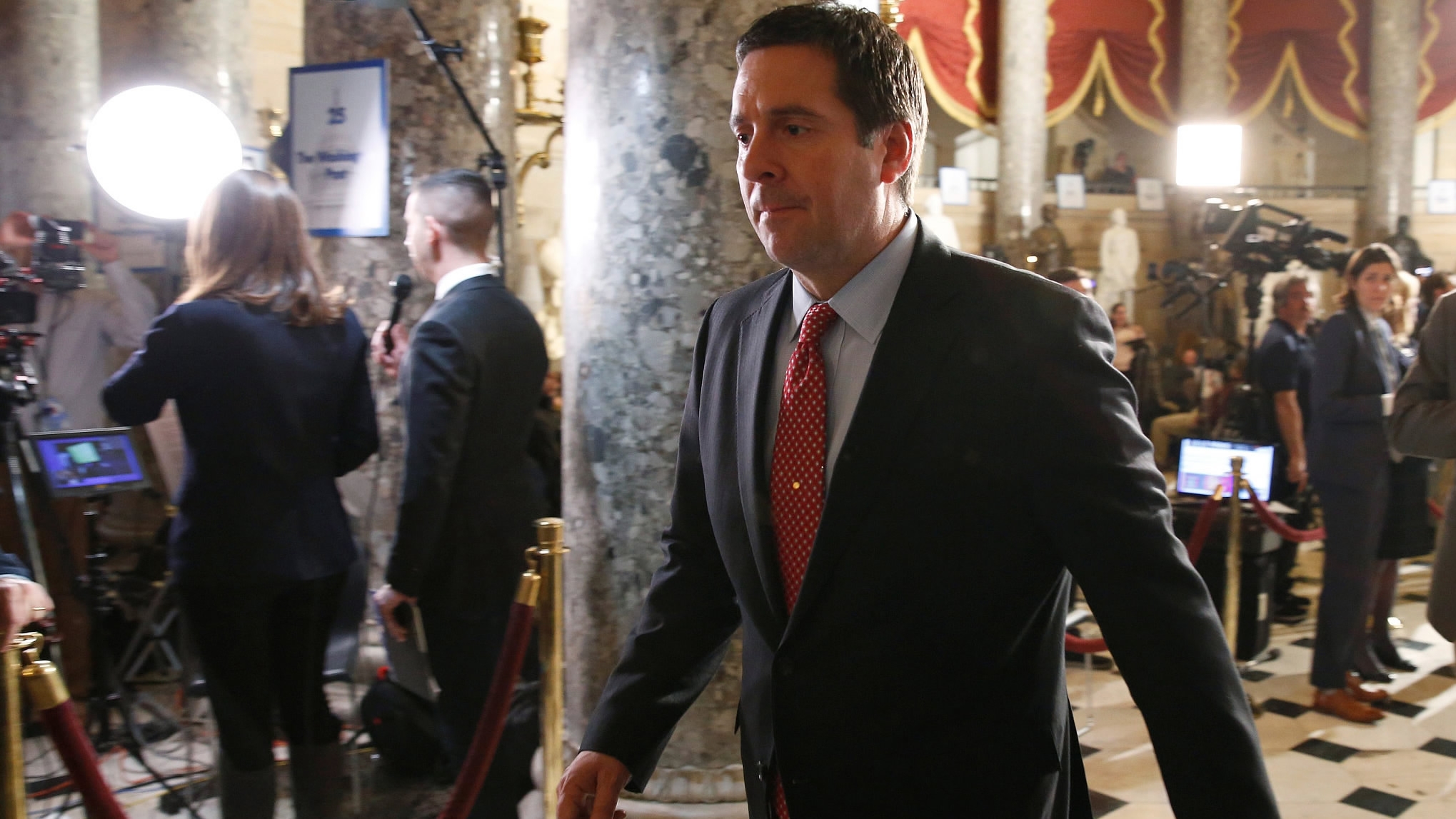
Chairman of the House Intelligence Committee Devin Nunes /VCG Photo
Chairman of the House Intelligence Committee Devin Nunes /VCG Photo
He was ultimately cleared by the House ethics committee, but hasn’t returned to the Russia inquiry and the bizarre events that led up to his briefing of the White House raised concerns from both parties.
On Thursday, Democratic leaders in Congress called for Nunes to be removed from the House intelligence committee and accused him of attempting to undermine Mueller’s investigation with a “reckless, partisan memo.”
The committee chaired by Nunes voted along party lines on Monday to release the document, and against releasing a Democrat-compiled memo rebutting the claims.

Twitter Screenshot
Twitter Screenshot
Democrats claim the Nunes memo does not fully reflect the information submitted to the FISA court, and accuse him of acting as “a surrogate of the White House.”
The top Democrat on the House intelligence committee, Adam Schiff, has claimed that the memo was “materially altered” after the vote. He added in a tweet: “White House therefore reviewing a document the Committee has not approved for release.” Aides to Nunes say the changes were grammatical.
Why does the FBI object?
The FBI has expressed “grave concerns about material omissions of fact that fundamentally impact the memo's accuracy.” Sources told Reuters that all excerpts from the Steele dossier used to secure the warrant were confirmed independently.
FBI Director Christopher Wray, appointed by Trump after James Comey was fired, has said he will issue a personal rebuttal if the document is released. CNN reported on Thursday evening that White House officials were concerned Wray could quit if the memo is made public.
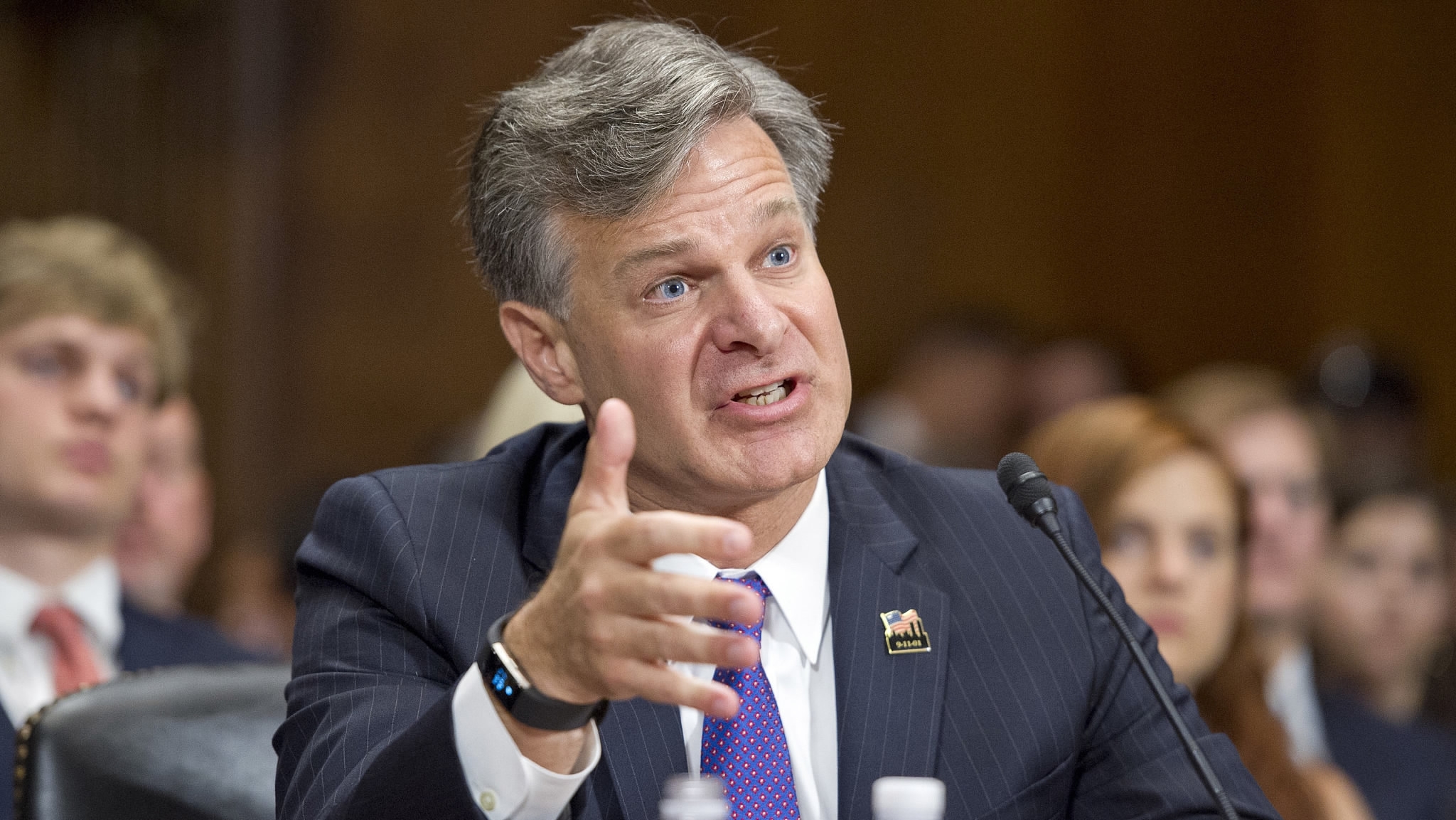
FBI Director Christopher Wray /VCG Photo
FBI Director Christopher Wray /VCG Photo
Mueller is thought to be investigating whether Trump sought to obstruct justice in his dealings with Comey.
The justice department has warned that releasing the memo risks exposing intelligence sources, and could undermine the practice of briefing lawmakers on classified information.
Why does it matter?
Releasing the memo could have broad implications for Mueller’s investigation into possible collusion between the Trump campaign and Russia.
The reported contents of the memo play into attacks over recent weeks on the impartiality of the FBI, and could be used as a pretext to replace Mueller or Rosenstein.
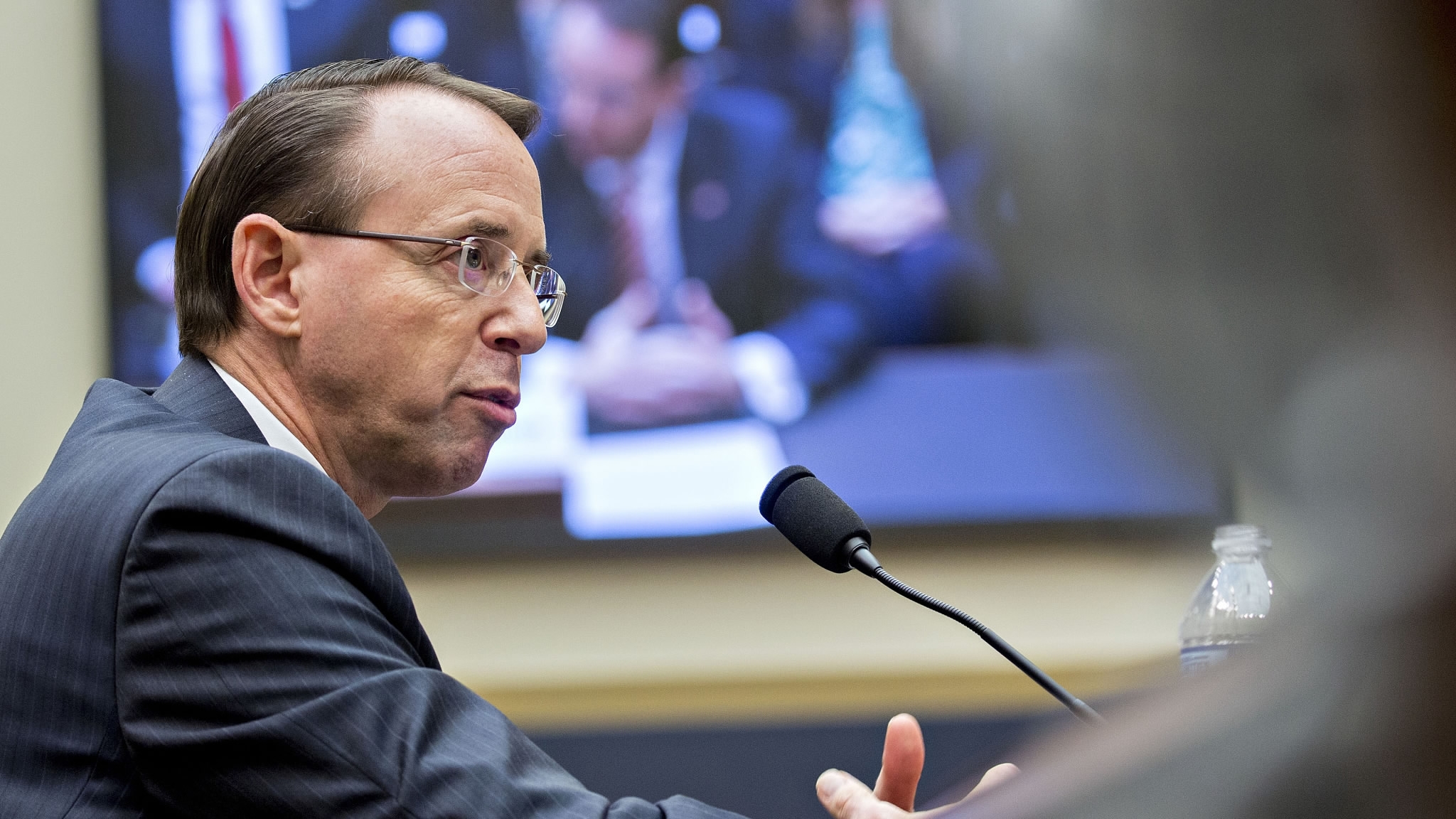
Deputy Attorney-General Rod Rosenstein /VCG Photo
Deputy Attorney-General Rod Rosenstein /VCG Photo
It emerged on Thursday that Trump had asked Rosenstein in December whether he was “on my team.” Mueller will send his final report to Rosenstein, who must decide the next steps.
The secret memo saga is an escalation of the partisan attacks on the FBI that have taken place over recent weeks, including criticisms of FBI Deputy Director Andrew McCabe by senior politicians including Trump. McCabe resigned this week, although Donald Trump Jr. later implied he had been fired and linked his departure to the Nunes memo.

Twitter Screenshot
Twitter Screenshot
As well as deepening the partisan split over the Russia investigation, releasing the document risks further souring relations between the Trump administration and the intelligence community.
11158km

SITEMAP
Copyright © 2018 CGTN. Beijing ICP prepared NO.16065310-3
Copyright © 2018 CGTN. Beijing ICP prepared NO.16065310-3